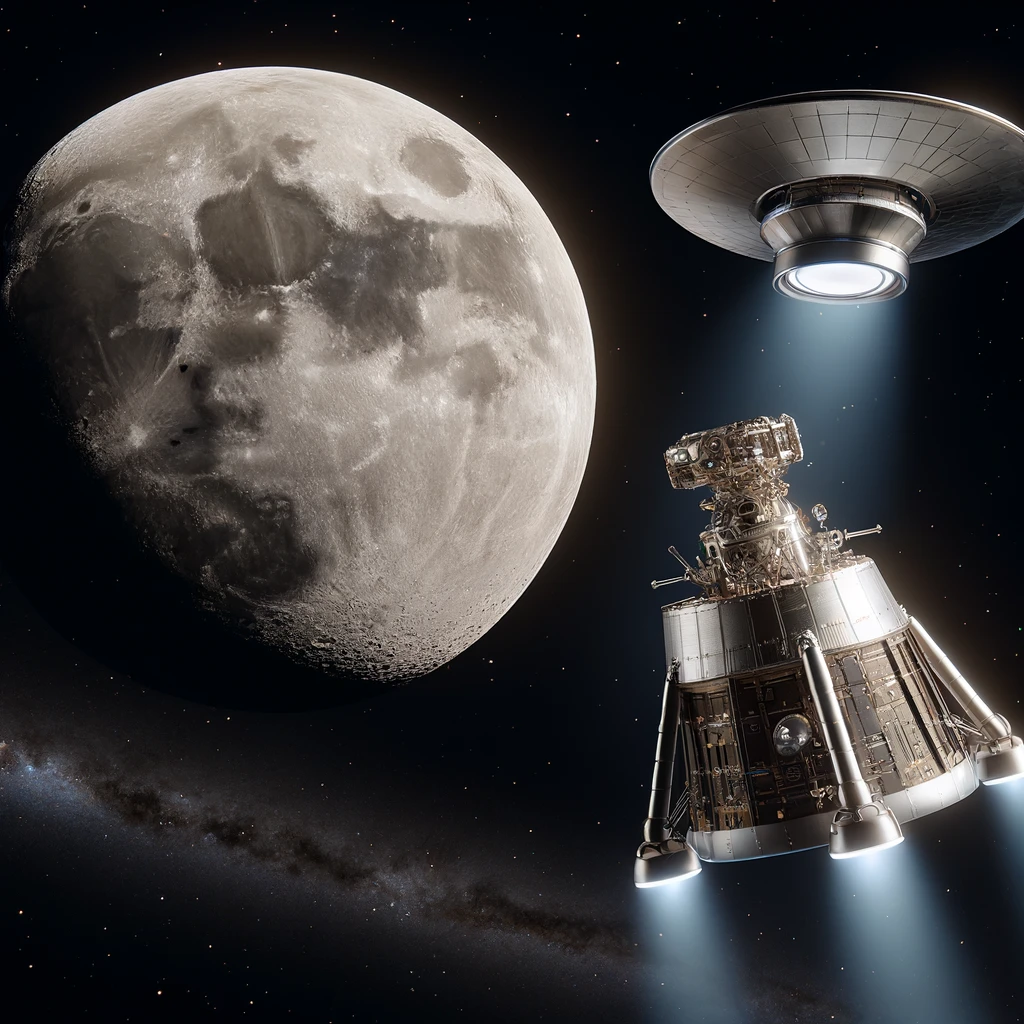Colonel Dedrickson

Colonel Dedrickson had an extensive career within the US Atomic Energy Commission (AEC) and offers a unique perspective on UFO encounters and their connection with national security responsibilities. His journey spans from overseeing the nuclear weapons stockpile’s accountability and security to managing quality assurance programs in weapon manufacturing facilities. His involvement with the AEC placed him at the nexus of military and civilian agencies, fostering relationships with entities like the CIA and NSA.
Colonel Dedrickson’s firsthand experiences with UFO incidents, starting with his sighting of nine UFOs over Washington, D.C., in July 1952. Despite the reluctance of security personnel to report UFO sightings due to bureaucratic hurdles, Dedrickson’s encounters persisted throughout his career.
UFOs were observed near nuclear facilities, suggesting an apparent interest in these sites. His accounts extend to incidents where UFOs interfered with nuclear weapons, including the destruction of missiles and the prevention of a nuclear explosion on the moon. These incidents, corroborated by colleagues and military officials, underscore the seriousness with which the extraterrestrial presence was regarded within certain government circles.
Specifically, Colonel Dedrickson discusses UFO visits to both storage and manufacturing facilities, particularly during the 1950s. These facilities include Rocky Flats and Pantex, where he was involved in establishing quality assurance programs for nuclear weapons. He mentions the Minuteman series of nuclear weapons, comprising Minuteman 1, Minuteman 2, and Minuteman 3.
In a related interview about the Minuteman, David Schindele, a former Minuteman ICBM Nuclear Launch Control Officer, discussed an incident where multiple missiles at a control facility became non-operational coincidentally with nearby UFO sightings. Schindele described the situation as highly unusual, with the control console indicating that all missiles under their command were off alert, a scenario he had never encountered before. This event, marked by the sighting of a UFO with flashing lights by security personnel, profoundly impacted Schindele, highlighting the potential for UFOs to interfere with military hardware.
Back to the Colonel Dedrickson interview, he recounts incidents where UFOs interfered with nuclear weapons, such as sending a beam to destroy a missile and the subsequent attempts to intercept these UFOs by the military. He suggests that UFOs may be present to preserve the integrity of the Earth, indicating a potential concern for Earth’s well-being.
Importantly, he describes an event in the early 1980s where there was an attempted mission to place a nuclear weapon on the moon for detonation, which was thwarted by extraterrestrial interference. According to him, no nuclear explosions are permitted in space, as demonstrated by the destruction of nuclear weapons sent into space.
Most importantly, Colonel Dedrickson is aware of a notable incident involving a UFO spacecraft rescuing Apollo 13 during its journey around the moon and back to Earth. This event underscores the potential involvement of extraterrestrial entities in human space missions.
Colonel Dedrickson’s sheds light on the intersection of UFO encounters and national security, revealing a history marked by secrecy, intrigue, and concern over potential extraterrestrial intervention in human affairs. As he reflects on his career and the gradual emergence of interest in UFO encounters, he hints at a growing desire among aging individuals like himself for the truth to come to light, suggesting a potential shift in public perception and governmental transparency regarding UFO phenomena.

